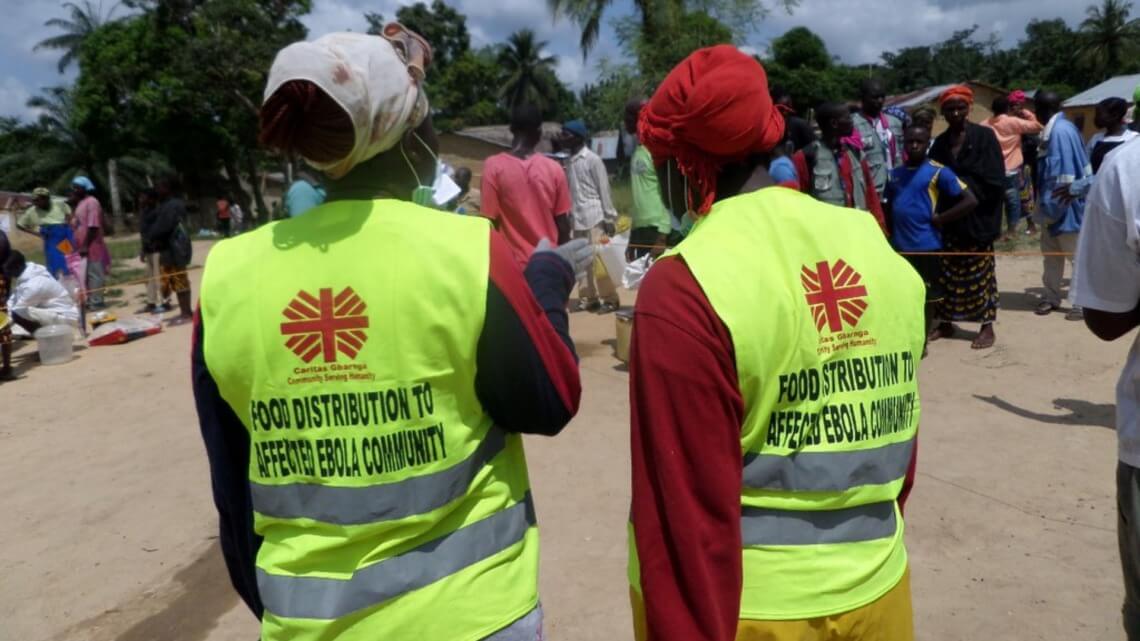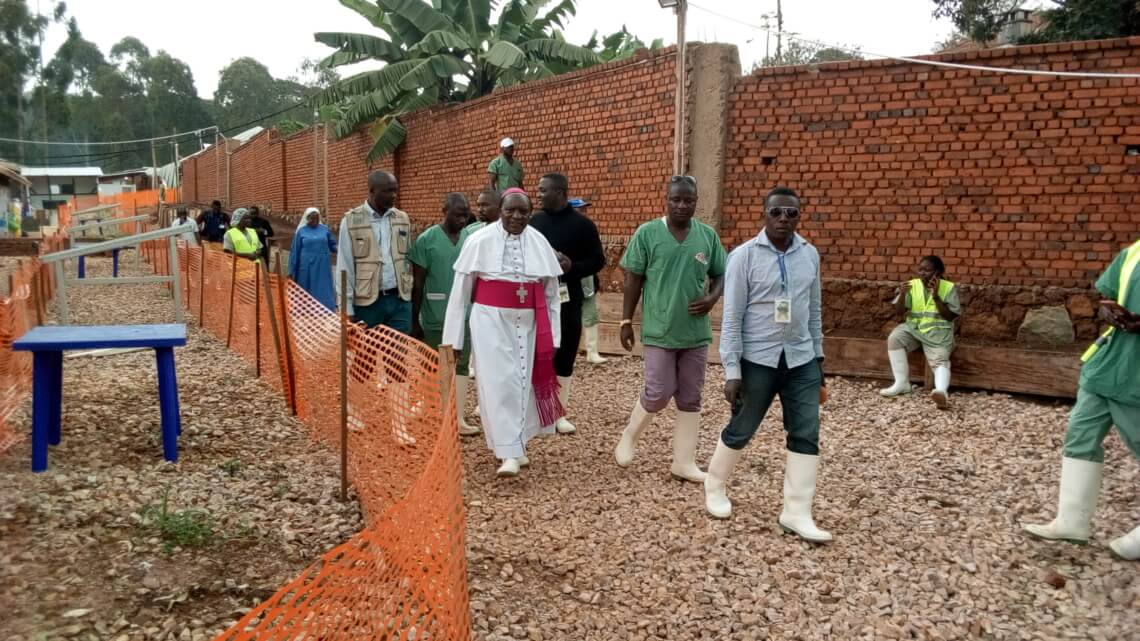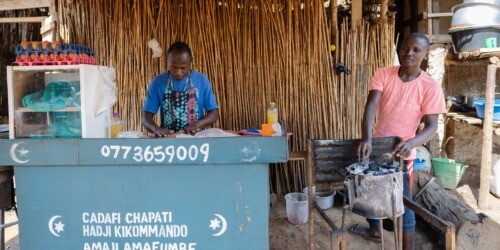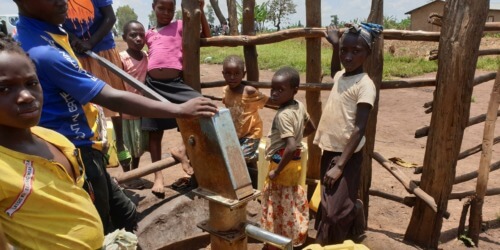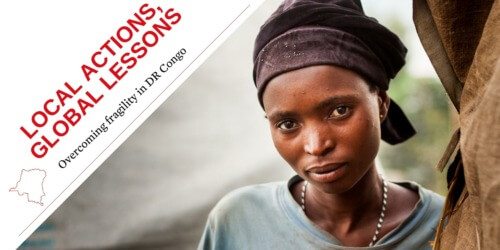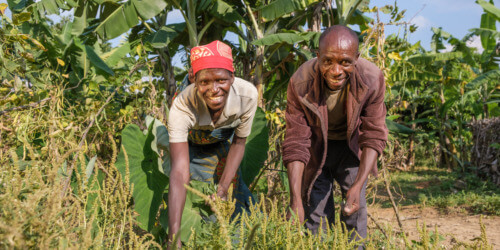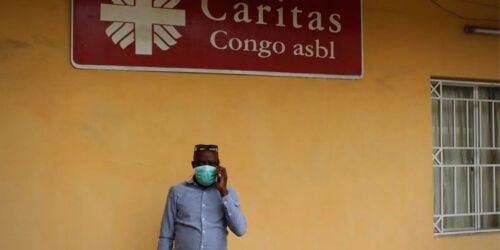It is already the tenth epidemic to hit the country since the first diagnosis of Ebola in 1976. The current epidemic is the deadliest one yet and the World Health Organization (WHO) declared an international public health emergency on 17 July, 2019.
EPIDEMIC AND ARMED CONFLICT
The epicenter of the epidemic is situated in Beni, in the eastern region of Congo. Various armed groups in the area have been causing problems for a number of years there and it has yet to cease. Ebola treatment centers have been attacked and a WHO expert died during one of the attacks.
WHO decided to declare a state of emergency after two cases of Ebola were diagnosed; one on the other side of the border in Uganda, and the other in the metropolis of Goma, located on the border of Rwanda. So far, it has been possible to prevent the spread of the epidemic. “The response was immediate and anyone who has been in contact with an infected person has been vaccinated and is being monitored,” said Emanuel Bofoe, head of the Ebola response at Caritas Congo. “We are currently particularly concerned about a case of Ebola that was diagnosed in Airwara, 600 km from Beni, on the border of Uganda and South Sudan, where a civil war is still going on.”
A MISUNDERSTOOD DISEASE
One of the major problems is that some part of the population doubts the severity of the disease. “People are questioning the amount of attention and resources that the Ebola virus is generating while armed groups are still a serious threat to them,” says Emanuel Bofoe. “Admission to a treatment center is also a difficult decision for those who are struggling to make ends meet. Although treatment is free, it means that all contact with the family is broken and that the person being treated is no longer able to earn an income and provide food for their family.”
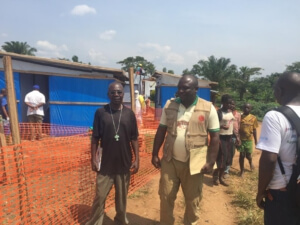
It is therefore of crucial importance to take the local context into account in our response to this epidemic. People are particularly outraged that their dead must be buried in body bags – not coffins and that local leaders must be buried away from their communities. Such practices shock families and friends of victims. It is also important to explain how the Ebola virus is transmitted and how contamination can be prevented.
>> ALSO READ: Six things that you didn’t know about Ebola
THE STRENGTH OF CARITAS’S NETWORK IN DR CONGO
Public confidence and understanding are the key to controlling this epidemic. The Congolese Church holds this key because it is present and legitimate even in smaller parishes. Through its network Caritas can encourage communities to take the necessary protection and prevention measures.
The Caritas network helps communities to set up an action plan to fight the epidemic and support traditional and religious leaders, women and young people who, in turn, can raise awareness in their own communities. Messages are also broadcasted on various community radios, posters are posted and leaflets are distributed.
STOPING THE SPREAD OF THE VIRUS
“In Goma, you can wash your hands in various places and people are more careful in how they greet each other. However, there are still humanitarian challenges. In some areas for example there is no access to water,” explains Bernard Kateta Balibuno, a national representative of UK’s Caritas (CAFOD). In Beni and Butembo, Caritas has already installed public facilities for washing hands. “We are continuing our work in Beni and Butembo and we wish to continue promoting health and hygiene in Goma,” states Katea Balibuno.
In addition to the emphasis on hygiene, food is also distributed to people who have been infected or who have been in direct or indirect contact with infected people. 23,561 people received a total of 157,422 kg of food from Caritas Bunia during the first half of the year. Since July 21, Caritas has also been active in Ariwara which is located on the border between Uganda and South Sudan.
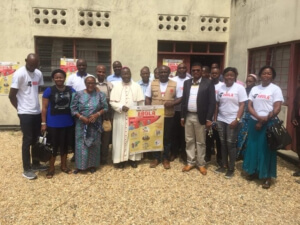
Local Caritas organizations participate in coordination meetings in all affected provinces and at-risk areas. Stopping the spread of disease requires enormous efforts on the part of the international community, the Congolese population and health authorities. The Caritas network is working hard to prevent the spread of this deadly virus.









